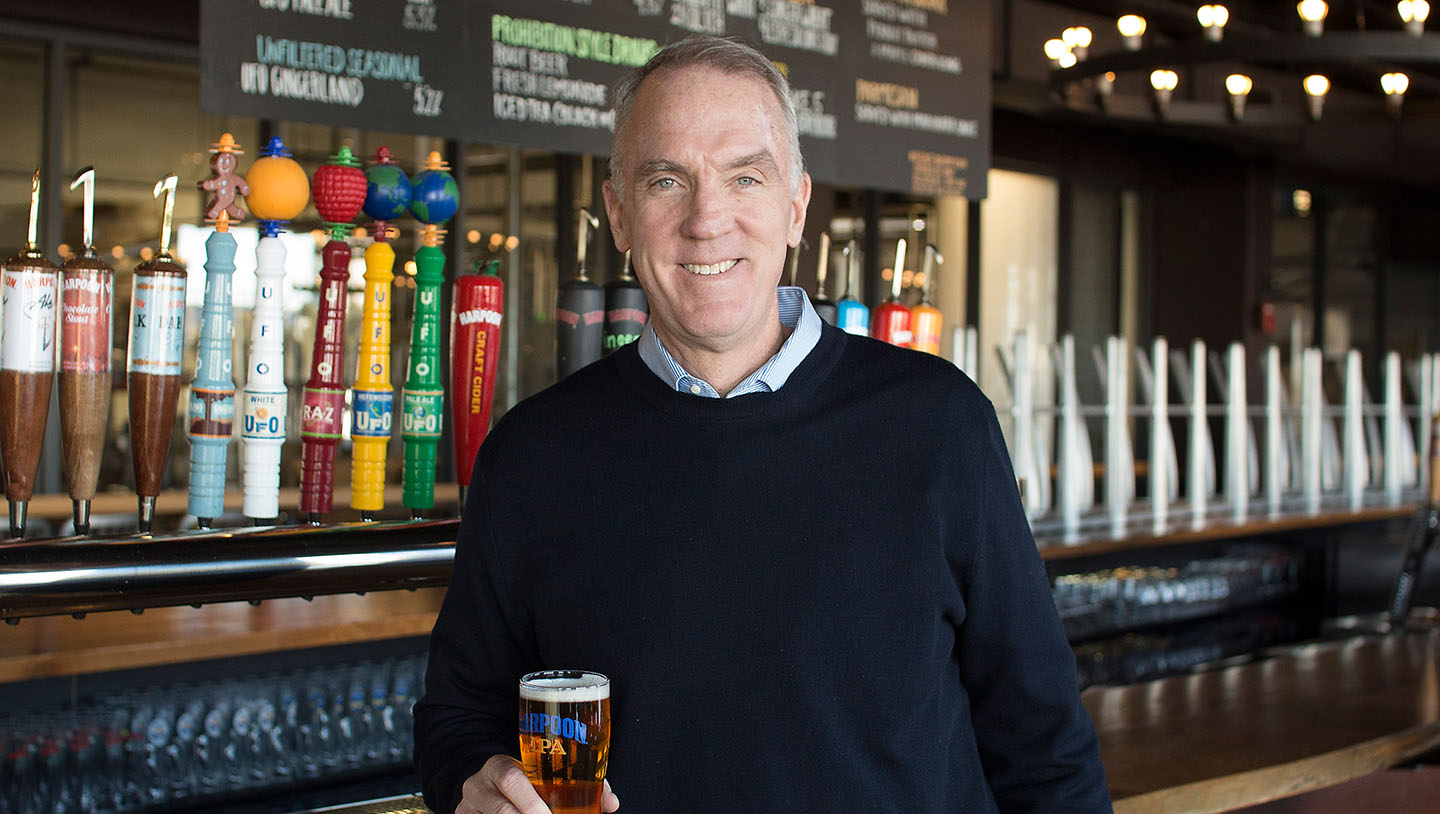1. Determine the company’s value. The IRS and the U.S. Department of Labor (DOL) have issued guidance that the ESOP must pay fair market value for the stock it purchases.
2. Conduct a feasibility study to analyze the overall framework for the transaction and to determine:
- How much the company can afford to contribute to the ESOP each year
- Whether part of the contribution cost can be offset by eliminating other benefit programs
- How the ESOP will affect the company’s earnings and cash flow
- How the transaction will be structured
- How the ESOP will be financed
3. Obtain financing to purchase stock if a leveraged ESOP is established.
4. Document the transaction with experienced ESOP counsel to prepare all ESOP plan documents once financing has been arranged.
5. Negotiate a stock purchase agreement between the ESOP fiduciary and the selling shareholders, setting the price and terms/conditions under which the ESOP will purchase stock from the selling shareholders.
6. Obtain a written opinion from an independent appraiser, which is required under DOL regulations, to provide the necessary assurance that the ESOP is not paying more than fair market value for the company stock it purchases. Once an owner decides to proceed with an ESOP, the transaction can typically be closed within three months.




















